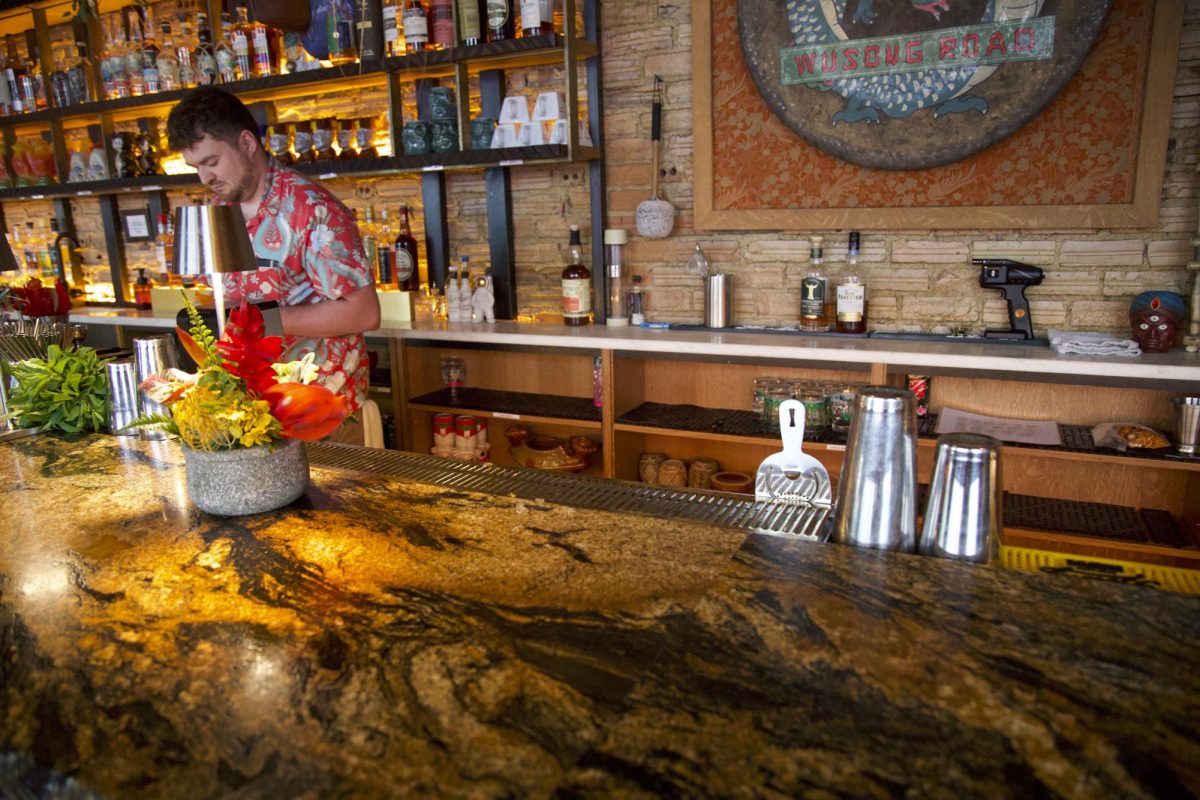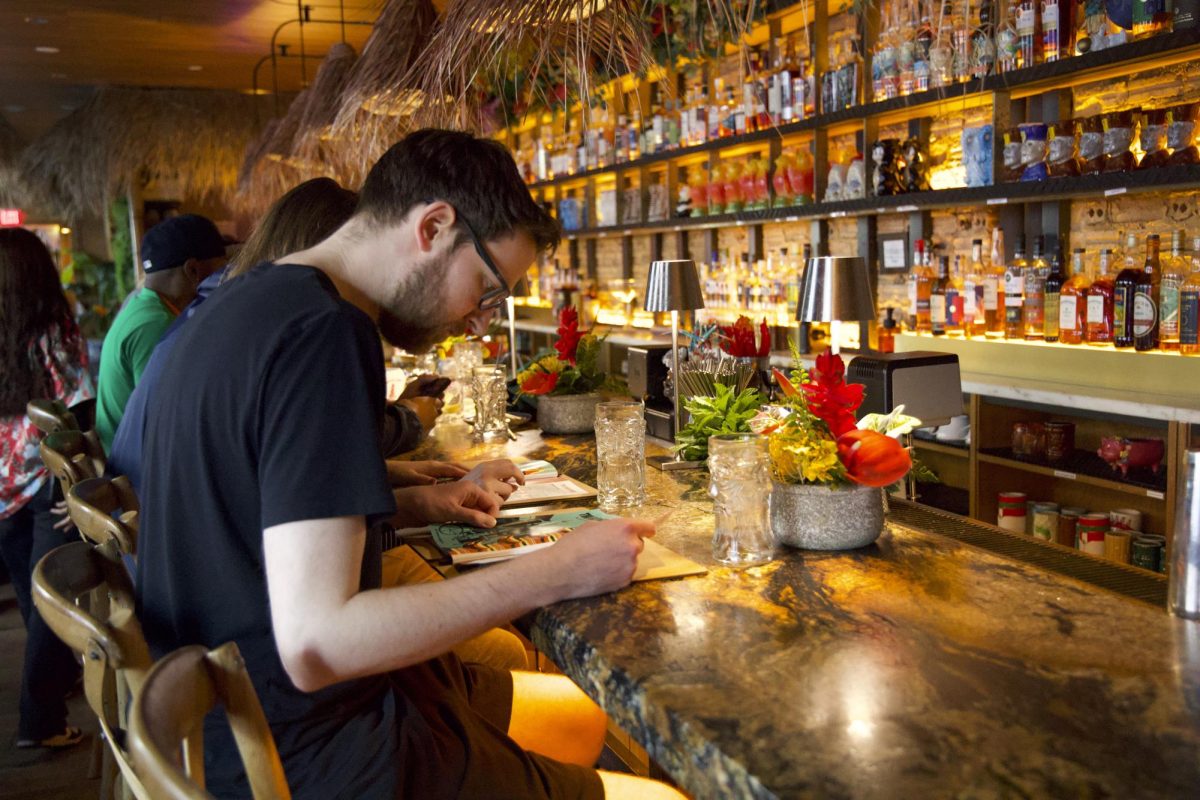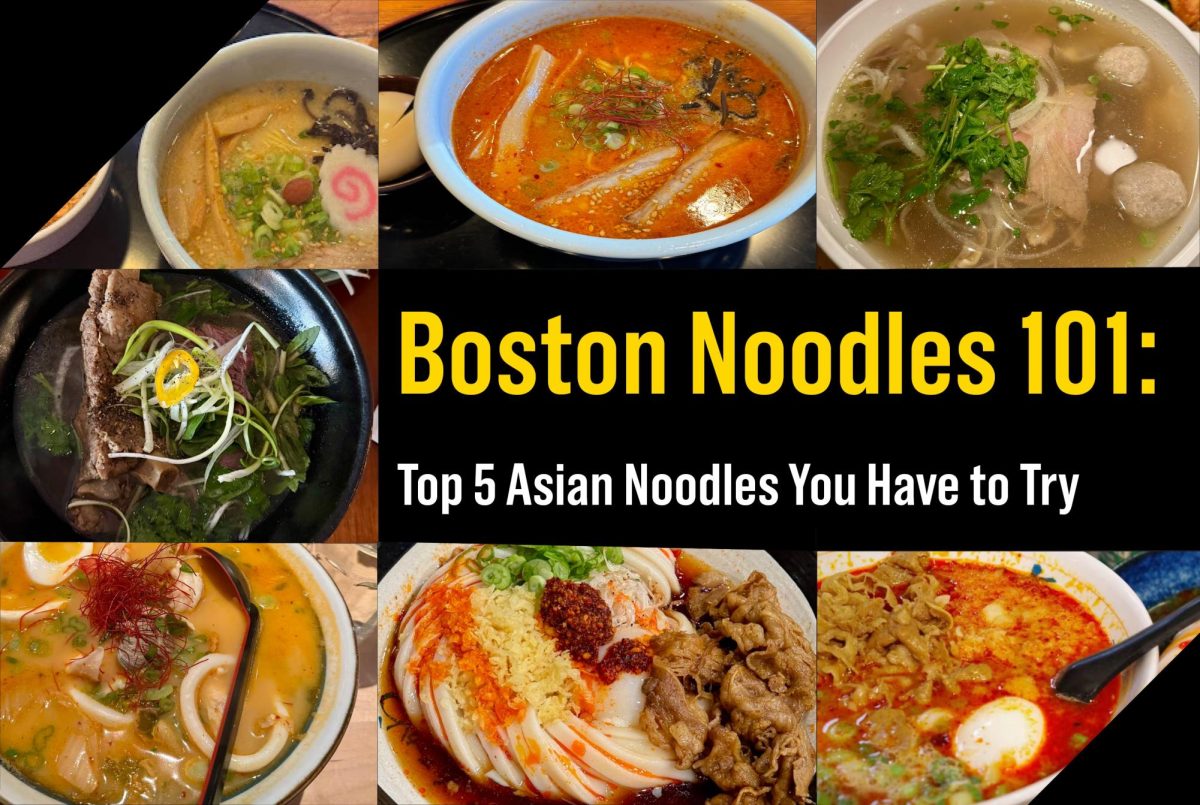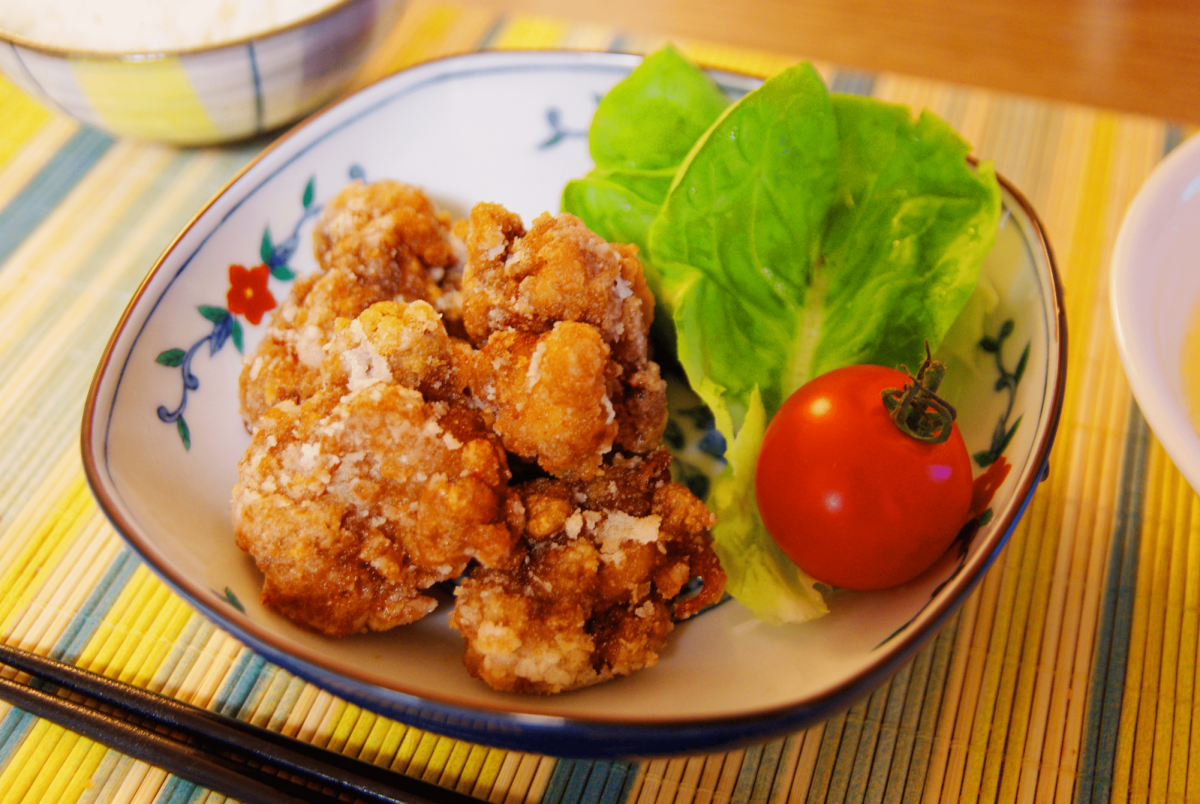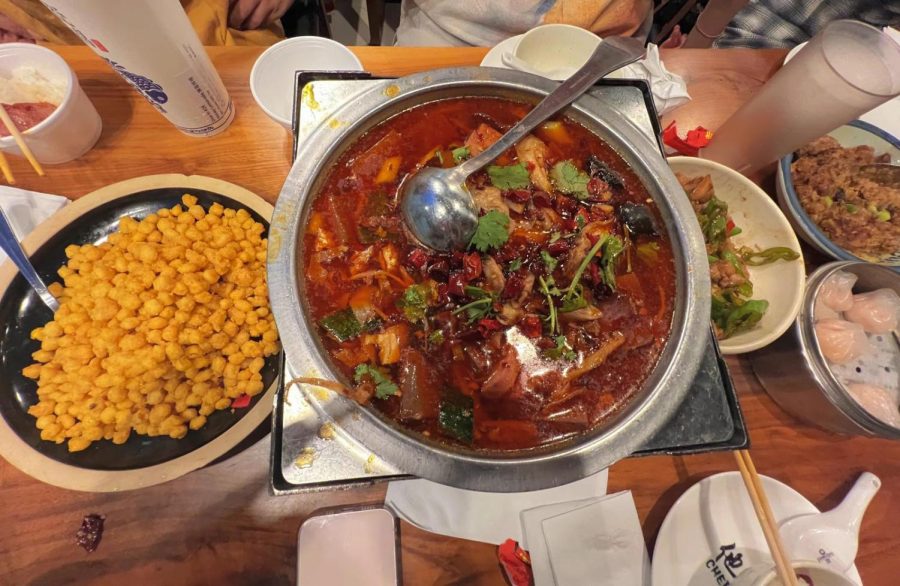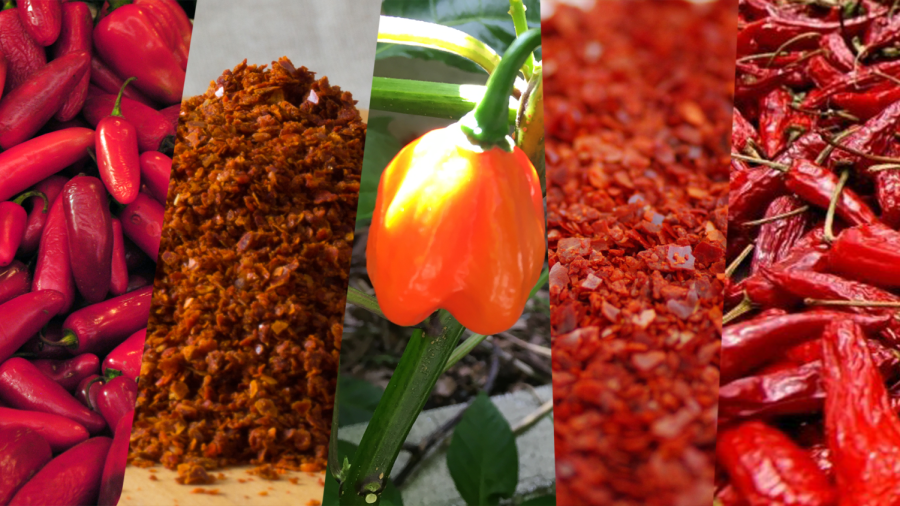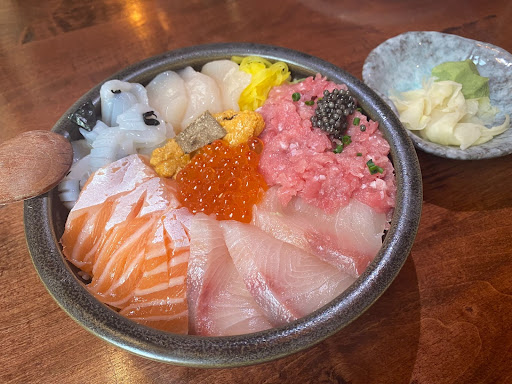At the Wusong Tiki Bar in Cambridge, chef Jason Doo serves teriyaki beef skewers beneath vintage lanterns and layered textures. He’s one of over 80 restaurateurs in the Boston area who came together between May 2-11 to celebrate Asian Restaurant Week — a community-powered celebration of Asian-American identity and cuisine.
With the mission of celebrating Asian American and Pacific Islander month, restaurant week was a success and received recognition from the participants and patrons who flocked to the event to experience regional Asian flavors.
Doo, Wusong’s owner, said the tiki bar was not designed for foodies. He said it was a “romantic love story” about the importance of American Chinese cuisine.
“Much of American Chinese cuisine was invented in Boston, especially Cambridge, by Joyce Chen, who had a restaurant near MIT. She created dishes like Peking ravioli to bridge cultural gaps,” he said.
Growing up in Malden, the chef was largely influenced by his parents who ran a neighborhood Chinese restaurant called Bobo’s. “I picked green beans in the back after school. That story is fading, but it deserves respect as a true American cuisine,” he said, stressing the importance of Chinese cuisine heritage in the Boston area.
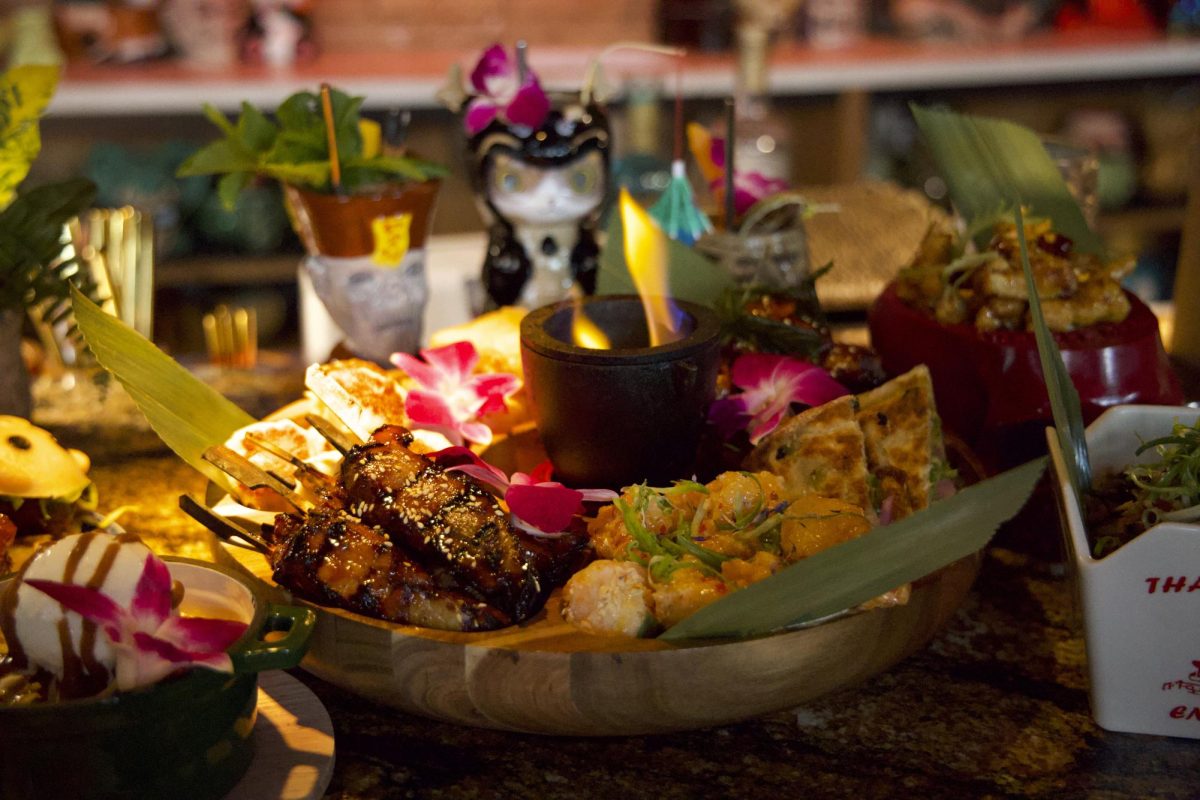
Doo also explained the cultural aspect of serving food in Wusong. He said that Wusong is not like an ordinary Chinese restaurant – he is trying to embrace the American Chinese community in Boston by offering fusion-style dishes such as firecracker shrimp, house-made bao buns, and scallion pancake quesadillas.
“We do get people from the mainland and they come in because we’re one of the few Chinese restaurants in Harvard, we actually informed them as part of our speech, like, look, this is American Chinese,” Doo said. “It’s going to be a little starch here, to be more towards the American palate. [and] you shouldn’t be embarrassed about who you are.”
Located at 112 Mt Auburn Street in Cambridge, the restaurant’s décor blends vintage charm with subtle nods to Chinese-American heritage. What’s special about the decoration is also the Bohemian style of layered textures, eclectic artwork, and cozy, mismatched furniture that creates a warm atmosphere.
“We built this restaurant [on our own]. Everything that you see is built by hand over six months during COVID, it is very hard for small businesses at that time,” he said.
While Doo focuses on honoring Chinese American heritage through his restaurant, the director of Asian Restaurant Week, Stephanie Chen, sees the week as part of a broader cultural conversation. The event, organized by a local nonprofit sponsored by Meet Boston and Toast, aims to celebrate and uplift the diverse voices of the city’s Asian culinary community.
Recognizing the challenges and diversity that shape the community is an important mission for the restaurant week. Chen explained why the event welcomes fusion cuisine:
“As Asian Americans, I think our cultural identity is honestly rooted in both your American upbringing, but then also your Asian parents and your heritage as well,” Chen was born in California and later on moved to Boston working as a dietitian. She was part of the Asian American Student Union in college, where she got more in touch with her Asian roots.
To promote the event, Chen’s team runs an Instagram page engaging over 4,000 followers, featuring Boston residents’ favorite Chinese, Korean, Filipino, or Uyghur food.
“Everyone loves food, right? No one hates food,” she said. “No matter what culture your background is from, there’s still food that you can appreciate. We picked this month in May because it really speaks to the Asian community as a whole.”
Being completely non-profit, the event was brought to life by Chen’s deep passion for Asian food. “I’m very proud of my Asian heritage and culture and I want to share it with others. We’ve gone door to door, introducing ourselves to restaurant owners and what is this all about.”
“There’s no fee to join or participate. We just want to help them market their restaurants and uplift their culture and cuisine.”
Boston Asian Restaurant Week is not only about the restaurant week, Chen said. “We’re also trying to host micro events every month—more targeted ones. It could be industry-specific, like workshops on building a menu or marketing your restaurant. Maybe it’s entrepreneurship-focused, or panels with small business owners across the city. We’re really looking to build a community.”
For Wusong, Chef Doo doesn’t plan to expand it, in order to preserve its uniqueness and current charm. However, he is planning to open a second, more tropical-themed restaurant by the end of the year.
“We’re all about spotlighting Asian culture and bringing the community together. Food is something that unites people, it doesn’t tear them apart. By breaking bread and sharing a meal, you can build bridges and form new relationships. That’s really the spirit of Asian Restaurant Week.”
